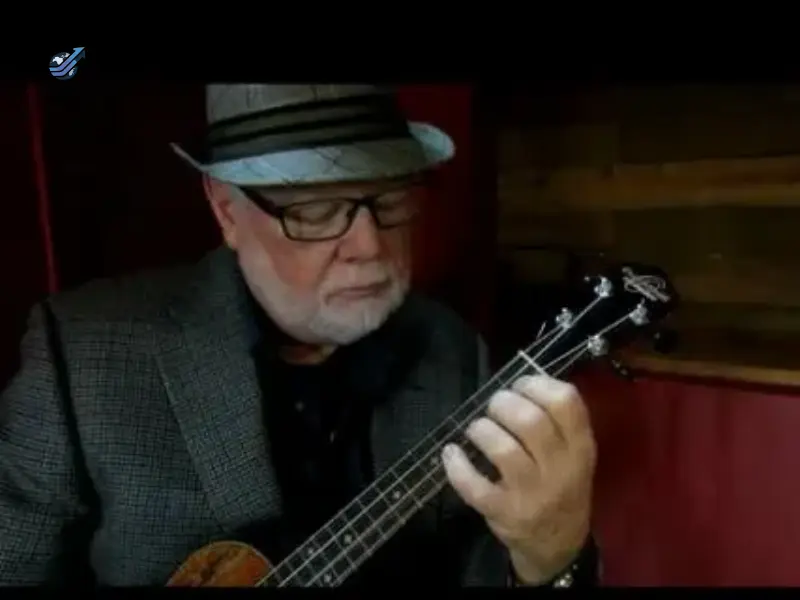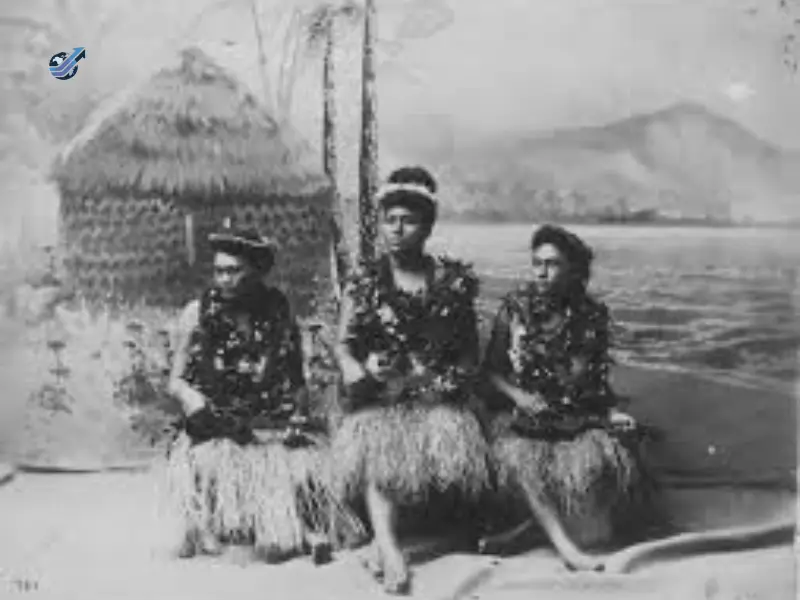When people think of Hawaii they often imagine sunny beaches flower leis and the cheerful sound of a ukulele. But the ukulele is more than just a musical souvenir. Its history is rich and global. From Portuguese villages to Hawaiian royal courts and worldwide stages this four-string instrument has traveled far and evolved a lot. Understanding ukulele history helps us see how music connects people and cultures over time.
What Is Ukulele History
Ukulele history began in the 1800s. Portuguese immigrants from Madeira came to Hawaii. They brought an instrument called the Portuguese braguinha. It was small light and had a bright sound. Hawaiians loved it. Local musicians started changing the design to fit their own music. They used native wood like koa and changed how it was tuned. Thats how the ukulele was born. The name “ukulele” means “jumping flea” in Hawaiian. Some say its because of how fast the fingers move when playing.
The four-string instrument quickly became popular in Hawaii. People played it in homes at public events and even in the royal palace. King Kalākaua who ruled in the late 1800s loved Hawaiian music. He helped make the ukulele part of traditional Hawaiian instruments used in dances and ceremonies.
The Ukuleles Cultural Impact
As time passed the ukulele spread beyond Hawaii. By the early 1900s it became famous in the mainland United States. Musicians performed with it in vaudeville shows and movies. It was seen as fun easy to learn and joyful.
The history of the ukulele shows how music styles changed. In the 1950s and 60s during the folk music boom the ukulele made a comeback. Today we are in a time of ukulele resurgence again. Platforms like YouTube and TikTok have made it popular with young people. Artists like Jake Shimabukuro and Billie Eilish have helped increase modern ukulele popularity.
The ukulele also fits well with many genres—pop jazz folk and even classical. Its small affordable and portable. That makes it great for beginners and pros. Its happy sound also brings smiles and calm to listeners everywhere.
The Ukulele Invention Story

The ukulele invention story is tied to migration and craftsmanship. In the 1870s Portuguese immigrants came to Hawaii looking for work. Many of them were Madeiran musicians skilled in playing and making string instruments. One of those instruments was the Portuguese braguinha also called the machete. When they played it on the docks Hawaiians were amazed by the sound. Local craftsmen and musicians started making their own versions. They made changes added new woods and created the ukulele.
King Kalākaua loved music. He invited ukulele players to perform at the royal palace. He helped promote it as part of Hawaiian identity. Thats how the ukulele became a key Hawaiian music instrument and part of the Pacific Island culture.
A Timeline of the Ukuleles Rise

- Late 1800s – Ukulele is born in Hawaii from the Portuguese braguinha.
- Early 1900s – It becomes popular in the U.S. through vaudeville.
- 1950s–60s – Folk musicians revive interest.
- 2000s–Today – Social media leads to a new boom in ukulele fans.
This ukulele timeline helps us see how it moved from island roots to a global audience. Its part of the larger evolution of the ukulele and shows how cultures mix and influence each other.
People Also Ask
What is the origin of the ukulele
The ukulele came from the Portuguese braguinha. Portuguese immigrants brought it to Hawaii in the 1870s. Hawaiians changed it to create the ukulele.
How did King Kalākaua support the ukulele
King Kalākaua promoted Hawaiian music. He asked musicians to play the ukulele at royal events. That helped it become a cultural symbol.
How is the ukulele different from other string instruments
The ukulele has four strings and a small body. Its lighter and easier to play than most acoustic stringed instruments like guitars.
Why is the ukulele a traditional Hawaiian instrument
Even though it came from Portugal Hawaiians made it their own. It became part of 19th-century Hawaiian music and is used in hula and other traditions.
What helped the ukulele become popular again
Social media online music lessons and popular ukulele artists helped bring the ukulele back into the spotlight in recent years.
Conclusion
The story of the ukulele is a journey of sound culture and connection. From its roots in Portugal to its heart in Hawaii and beyond the ukulele history shows how music travels and changes. This tiny instrument carries big meaning. It connects us to the past and invites us to play in the present. Whether you’re a beginner learning your first chord or a pro playing on stage the ukulele brings people together. So next time you hear that sweet simple strum remember you’re hearing a piece of musical instrument innovation crafted by history and shaped by people across continents.
Want to learn more Check out our article on the origin of the ukulele and its impact on global music trends.



